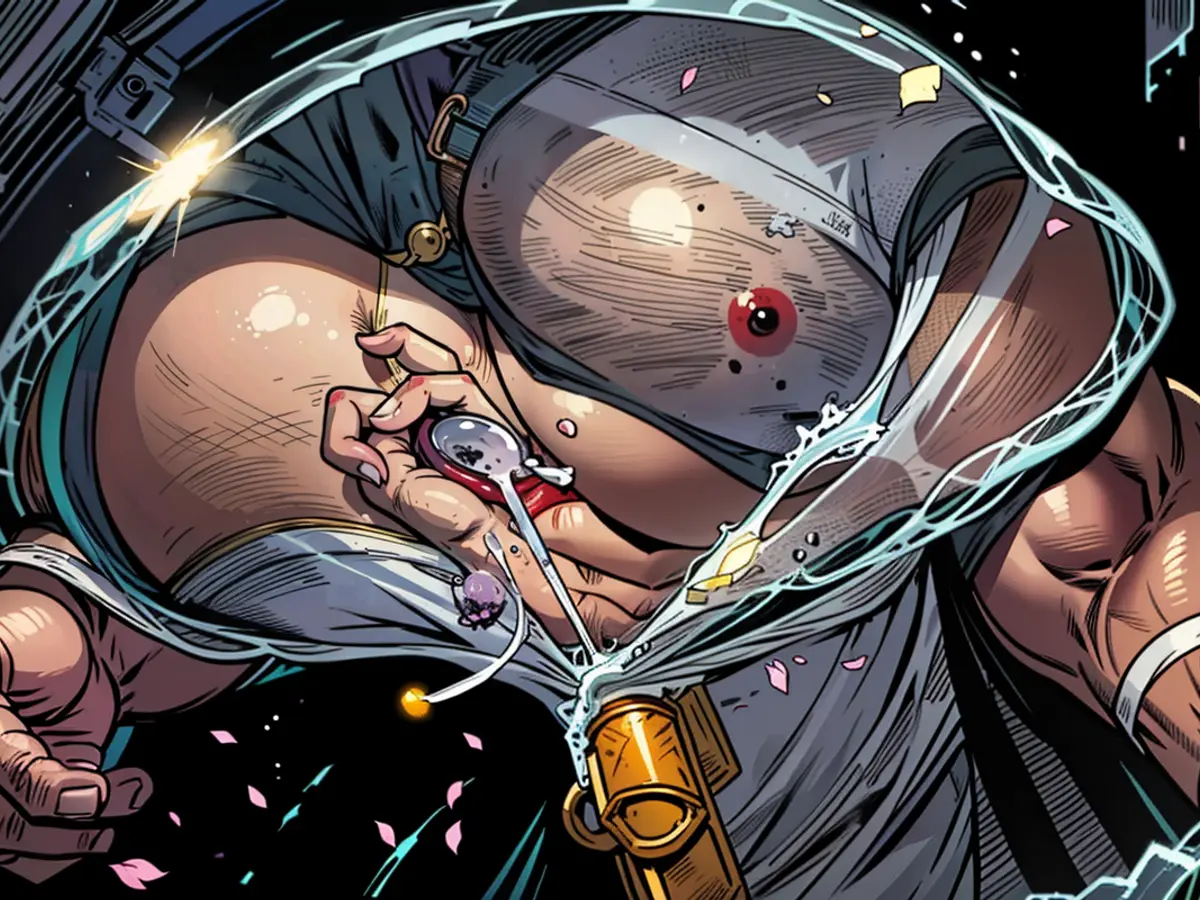Frost-induced harm - Cherry growers in Saxony experience major setbacks in their harvest.
Fruit growers in Saxony anticipate a significantly reduced cherry yield this year. As stated by Udo Jentzsch, head of the Saxon Fruit Association, this is primarily attributed to frost, causing an 90% decline in harvest. This was mostly due to the flowers - and in some cases, the cherries - freezing at the end of April. As a result, farmers will only be able to gather about 10-15% of the average harvest. The cherry season is set to officially commence on June 20th, though the atmosphere is somber.
Cherries in the Free State have been harvested for two weeks now. However, these yields have been minimal. Jentzsch remarks that there haven't been more instances of frost, but rather a shift in vegetation periods. The spring months are arising earlier than before. "We've never had cherries blossom in early April before," Jentzsch shares. Typically, cherry blossoms only bloom in late April. Earlier flowering times can lead to more frequent instances of frost damage.
There are several ways to mitigate frost damage, though they can be costly or resource-intensive. For example, a massive fan wheeled vehicle called "Frostbuster" sends warm air into the orchard using gas. However, frost protection irrigation is the most effective method. In this approach, the trees are sprayed with water to create a temperature barrier around the blossoms, keeping them above freezing. Unfortunately, in most circumstances water is not readily available for this task. Jentzsch posits that the trees should be bred to bloom later in the future.
Read also:
Despite the cherry harvest in Saxony-Anhalt being unaffected by frost, the industry as a whole in Germany is facing challenging times. The early blooming of cherry trees in Saxony is a concern, as it increases the risk of frost damage in the future. In Leipzig, local agriculture is closely monitoring the situation, hoping for a successful cherry season despite the failure to meet average yields in Saxony. However, frost protection methods, such as frostbuster vehicles and irrigation, are often too costly or resource-intensive for many farmers.








